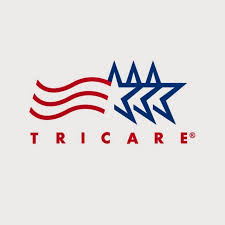Understanding Bipolar Disorder
Bipolar disorder is a mental health condition characterized by extreme mood swings that include emotional highs (mania or hypomania) and lows (depression). These mood swings can affect sleep, energy levels, behavior, judgment, and the ability to think clearly.
At Tibbi Healthcare, we understand that bipolar disorder affects each person differently. Our team of specialists works closely with patients to develop individualized treatment plans that address their unique symptoms and needs.
With proper treatment and support, individuals with bipolar disorder can lead fulfilling, productive lives. Early intervention and consistent care are key to managing symptoms effectively.











